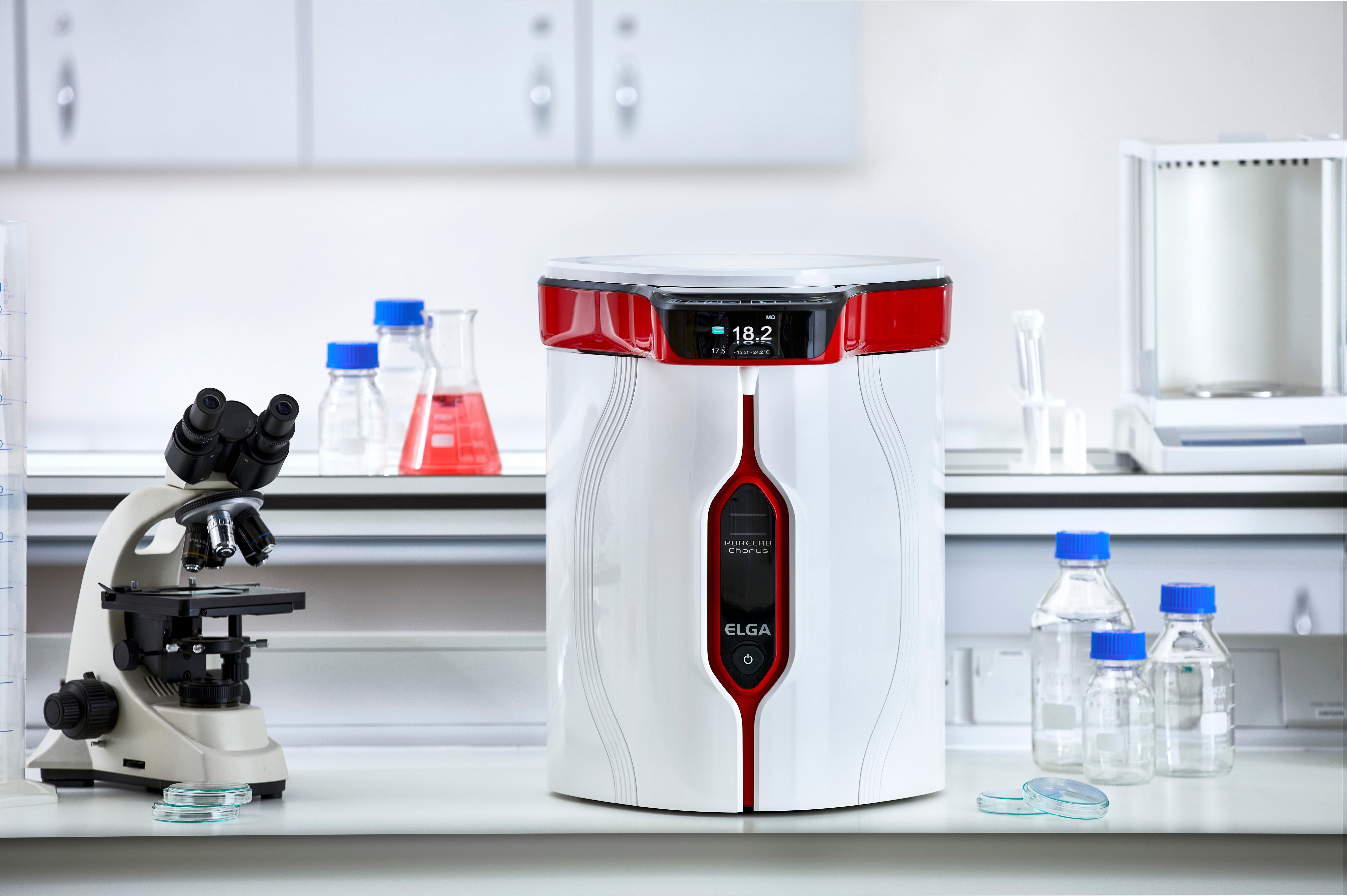Water purity is critical in scientific research and laboratory work. Not all lab water is created equal, and using the wrong type can compromise your results or damage sensitive equipment. At Veolia Water Technologies UK, we understand the importance of choosing the right water purity for your specific needs. Let's explore the different types of pure water commonly used in laboratories.
Type 1: Ultrapure Water
Type 1 water, or ultrapure water, is the gold standard for highly sensitive applications. It's used in cutting-edge fields such as molecular biology, to minimise background noise caused by foreign ions in chromatography and mass spectroscopy. This water has the highest purity level, with extremely low levels of ions, organics, and biological contaminants.
Type 2+: Pure Water for General Lab Use
Type 2+ water strikes a balance between purity and practicality. It's ideal for high-throughput laboratory applications like electrochemistry, spectrophotometry and clinical assays. While not as pure as Type 1, its constant recirculation through a UV lamp still maintains a high standard of cleanliness suitable for most analytical work.
Type 2: Deionised Water for Less Sensitive Applications
Type 2 water is perfect for applications that don't require the highest purity level. It's commonly used in histology and stability tests, as well as in most wet chemistry protocols. This grade of water is more economical and uses a different grade of ion-exchange resin, while still providing a reliable purity level for many laboratory processes.
Type 3: General Grade Water
Type 3 water is simple permeate from a reverse osmosis membrane, and it still has its place in the lab. It's suitable for applications like autoclaves, hydroponics, and stability chambers. While not appropriate for sensitive analytical work, it's usually an excellent choice for general glassware cleaning and rinsing tasks.
Choosing the Right Water for Your Lab

When selecting the appropriate water type for your laboratory and application, consider these key specifications:
- Conductivity /resistivity (overall measure of water quality)
- Organic compound levels (usually measured as TOC)
- Biological contamination (microorganisms and endotoxins)
- The presence of colloids or other impurities in the feedwater
Veolia Water Technologies UK offers state-of-the-art water purification systems that can deliver all types of water. Our PURELAB Chorus range, for instance, provides a flexible and cost-effective solution for labs needing both Pure (Type 2/2+) and Ultrapure (Type 1) water. We also deploy various pretreatment solutions, polishers or dispensers to optimise the overall system’s performance and minimise its footprint.
The PURELAB Chorus system stands out with its:
- Easy-to-use interface
- Low running costs
- Flexible, modular design
- Consistent peak water purity
- Minimal maintenance requirements

By choosing the right type of pure water for your applications, you can ensure the accuracy of your results, protect your equipment, and optimise your laboratory processes. Whether you need ultrapure water for the most sensitive applications or general-grade water for basic tasks, Veolia Water Technologies UK has the solutions to meet your laboratory's water purification needs.
Contact one of our experts now to discuss your laboratory needs, here.